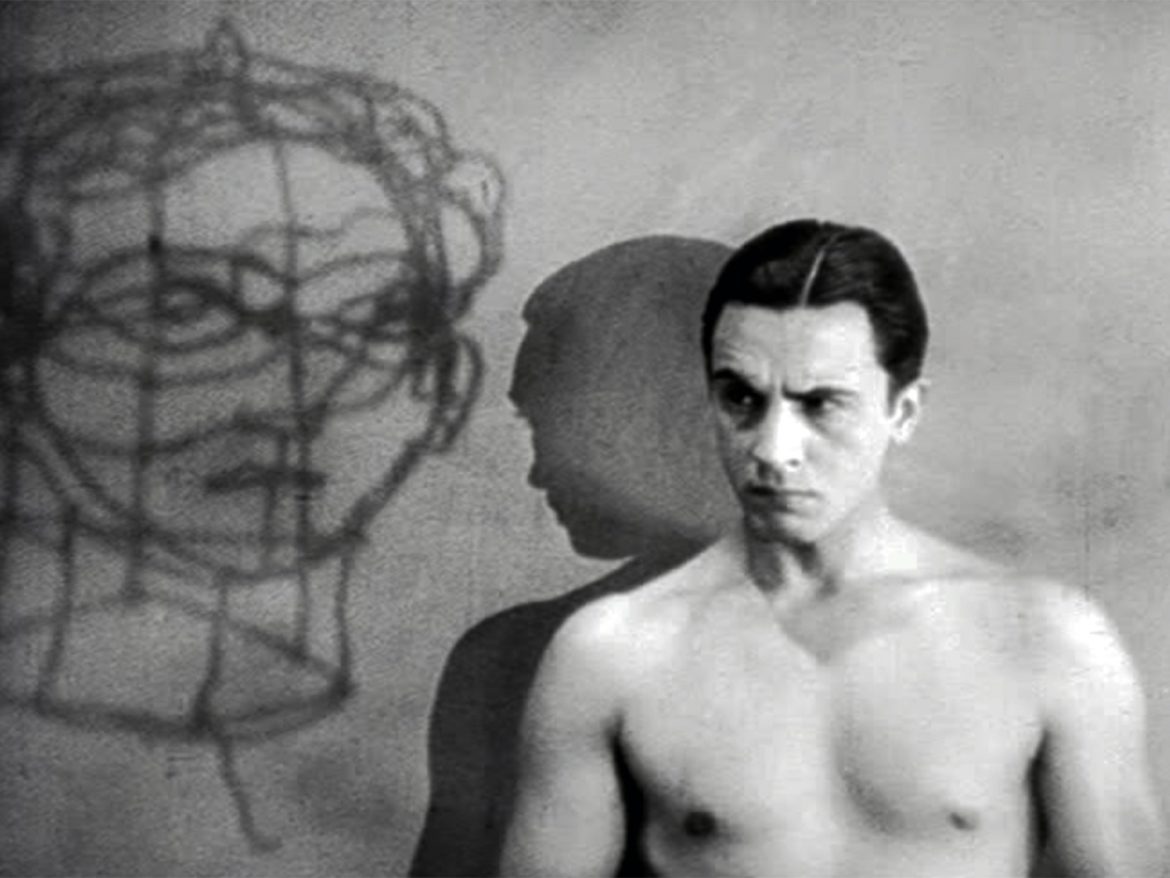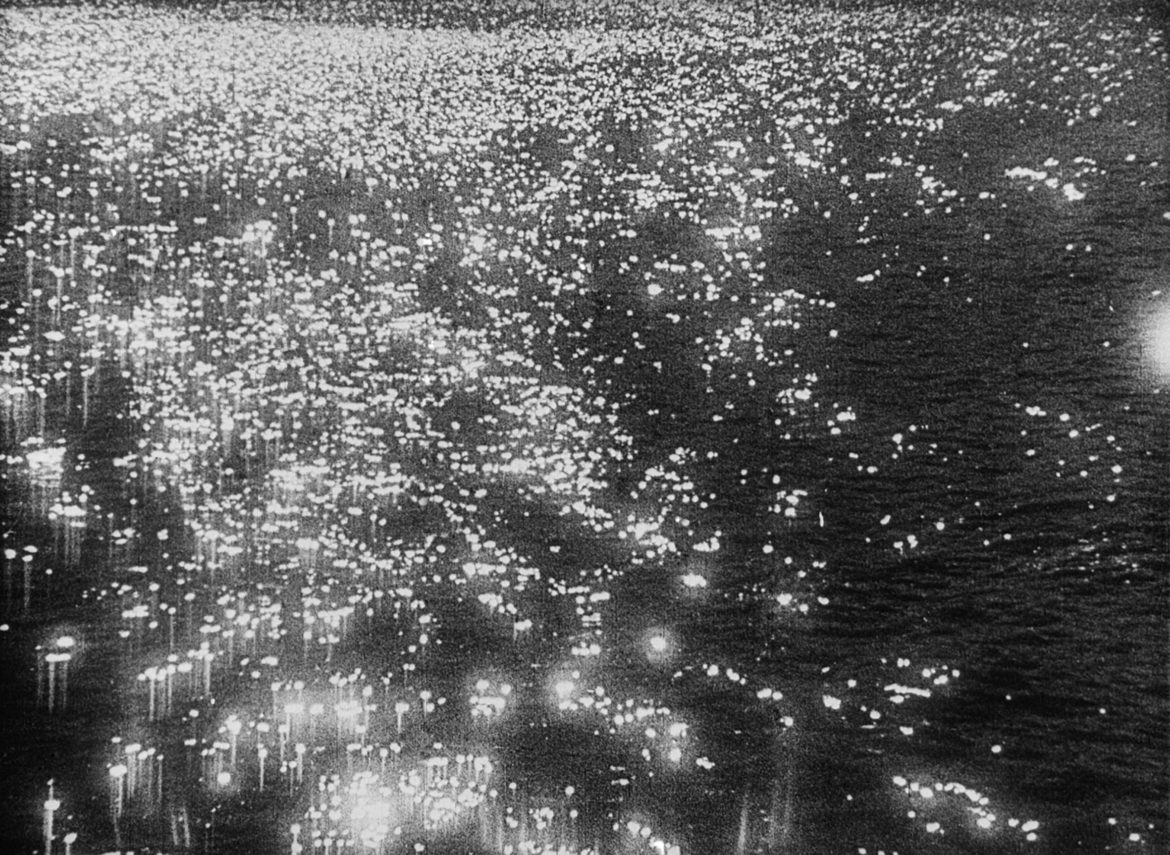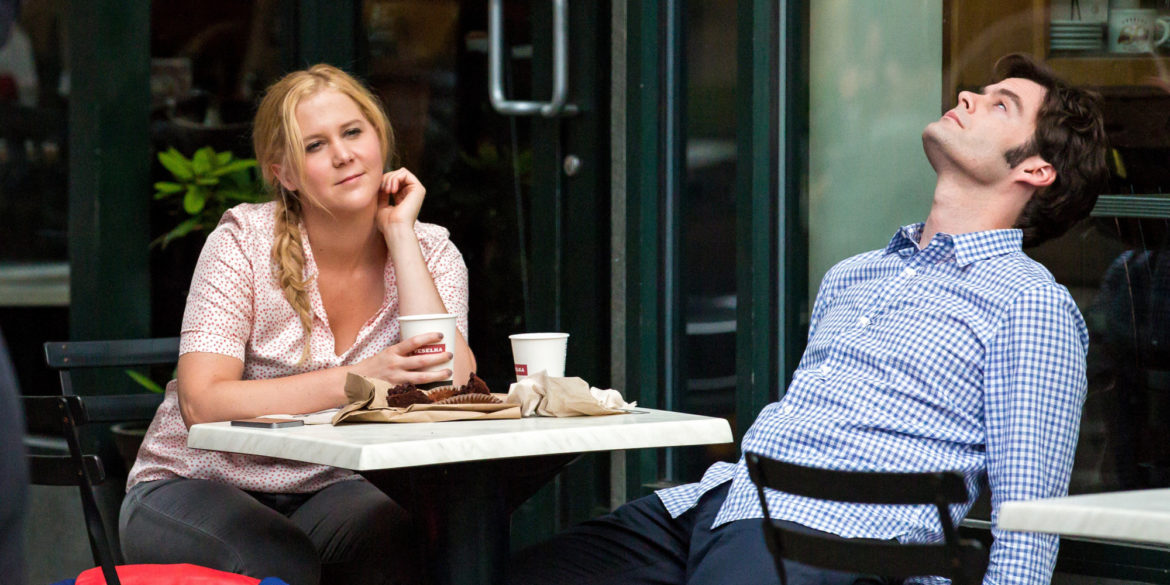The Dardenne brothers, Jean-Pierre and Luc, are known for their naturalistic, slice-of-life pictures, without exception focused on those existing on society’s margins. The Belgian filmmaking team prefers hard-scrabble protagonists – the downtrodden, the down-on-their-luck, and those stuck with impossible, occasionally tragic choices while trying to get by.
August 2015
Part of an ongoing effort to watch a set of films from non-White, non-U.S., non-male, and/or non-straight filmmakers and depart a little from the Western canon. The intro and full list can be found here.
Jean Cocteau rejected the label “Surrealist.”
Even if his early “body horror” films have now been canonized as classics (of a sort), and even if his more recent, less outre mainstream work has been often enthusiastically received, David Cronenberg has always been a divisive figure. This is more true of 2014’s Maps To The Stars than it has been in a while.
Part of an ongoing effort to watch a set of films from non-White, non-U.S., non-male, and/or non-straight filmmakers and depart a little from the Western canon. The intro and full list can be found here.
The first image we see is a still of bound hands and a woman’s face.
The sand seems to stretch forever under cloudless skies, and time is marked by routine – herding cattle, relaxing with family under the humble shelter of a lean-to style tent, discussing the future, drinking tea. Timbuktu’s first half hour or so is a slow, quiet portrait of desert life in Mali; if it’s not exactly paradise, what with the sand whipping around and garments covering faces to protect them from the elements, it’s not too far from it, either.
Back on the late, lamented film site The Dissolve, national treasure Nathan Rabin had an ongoing column called “You Might Also Like”, which used the various internet algorithms that recommend one movie on the basis of another to investigate whether one would, in fact, also like the second movie.
Trainwreck is Amy Schumer’s movie (a very good thing), but there’s no mistaking the influence of director Judd Apatow.
Almost without exception, Apatow’s “transgressive” comedies are, at their heart, deeply conservative. For all the naughty bits and ostentatious dancing around the line of decency, things are generally reconciled in the end in the name of family, monogamy, and the need for his man-children to grow up and take on responsibility in their lives.







